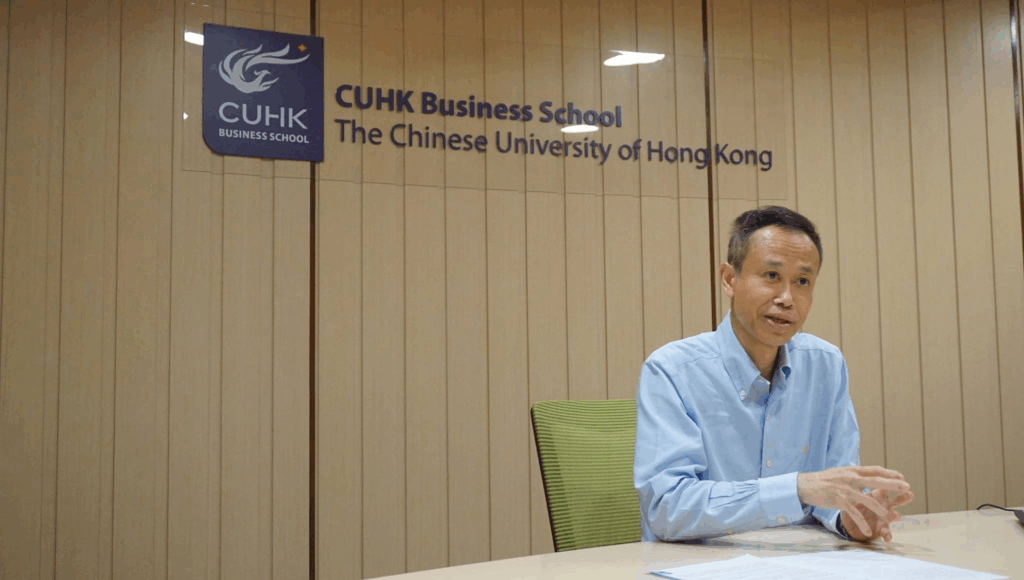Hong Kong’s growing cohort of family offices is leaning into environmental, social and governance (ESG) investing, prompting regulators to sharpen reporting standards in a bid to keep pace with international practice.
Across Asia, and particularly in Hong Kong, ESG is becoming a matter of both opportunity and obligation. A 2024 PwC study showed that impact-focused deals had overtaken traditional investments among family offices globally back in 2022, holding steady above 50 per cent since. By mid-2024, renewable energy and sustainable agriculture accounted for nearly half of all deal value.
Local sentiment reflects the trend. A survey by Hong Kong’s Sustainable Finance Initiative found that more than a quarter of family offices had allocated over half of their portfolios to ESG or impact projects. The problem: a regulatory framework still catching up to the market’s enthusiasm.
In January, Hong Kong Exchanges and Clearing (HKEX) introduced the city’s first climate-related disclosure rules for listed equities, aligning them with international standards. The framework demands annual ESG reporting alongside traditional financials, covering governance, emissions, labour rights and anti-corruption measures. It is an overdue attempt to rein in greenwashing, though gaps inevitably remain.
For investors, the demands are real. “It is especially challenging for companies or investors that are in multiple jurisdictions and face different or inconsistent reporting requirements,” says Allison Lee, a partner at law firm Mayer Brown Hong Kong. “Ultimately, disclosure requirements are not effective unless companies are able to navigate the process to provide accurate and meaningful information.”

RELATED ARTICLE: Hong Kong Tightens ESG Disclosure Standards for Pension Fund Managers
The challenge is amplified for family offices backing private companies with limited ESG experience. Reporting missteps often come down to scarce expertise and insufficient resources. Lee suggests a pragmatic solution: “Family offices should be focused on creating a robust governance framework and processes that integrate ESG considerations into their investment analysis and ongoing portfolio management. This helps in decision making, conducting periodic reviews, and communicating results, which in turn maintains accountability, fosters consensus and promotes transparency.”
Global context matters too. Investors are increasingly advised to track not just local regulation but also developments in China, Europe and beyond. Resources such as the Chinese University of Hong Kong’s Global Business Sustainability Index offer case studies and best practice benchmarks, encouraging deeper scrutiny of whether sustainability claims are substantive or merely cosmetic.
Professor Carlos Lo Wing-hung, who heads CUHK’s Centre for Business Sustainability, argues that meaningful change depends on strengthening capabilities at the non-listed level. “Hands-on training together with inclusive and down-to-earth strategies can help transform ESG disclosure in Hong Kong from compliance box-ticking into a bottom-up enabler for a major shift in behaviour,” he says.

That requires tailored data collection tools and capacity-building programmes, he adds, to better prepare smaller companies for implementation. Done right, it can bolster reputations, improve employee commitment and risk management, and—crucially—strengthen financial performance.
Hong Kong’s regulators have taken an important first step. But as capital flows increasingly reward ESG performance, the real test will be whether family offices and their portfolio companies can deliver substance over spin.
Follow ESG News on LinkedIn

